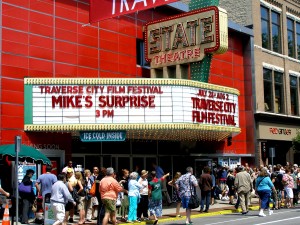Fiona Harvey, The Guardian, June 19. 2013– The actions of the US government in spying on its and other countries’ citizens have been sharply criticised by Noam Chomsky, the prominent political thinker, as attacks on democracy and the people.
“Governments should not have this capacity. But governments will use whatever technology is available to them to combat their primary enemy – which is their own population,” he told the Guardian.
In his first public comment on the scandal that has enveloped the US, UK and other governments, as well as internet companies such as Google and Microsoft, Chomsky said he was not overly surprised technology and corporations were being used in this way.
“This is obviously something that should not be done. But it is a little difficult to be too surprised by it,” he said. “They [governments and corporations] take whatever is available, and in no time it is being used against us, the population. Governments are not representative. They have their own power, serving segments of the population that are dominant and rich.”
Chomsky, who has strongly supported the Occupy movement and spoken out against the Obama administration‘s use of drones, warned that young people were much less shocked at being spied on and did not view it as such a problem.
“Polls in the US indicate there is generational issue here that someone ought to look into – my impression is that younger people are less offended by this than the older generation. It may have to do with the exhibitionist character of the internet culture, with Facebook and so on,” he said. “On the internet, you think everything is going to be public.”
Other technologies could also come to be used to spy more effectively on people, he added. “They don’t want people to know what they’re doing. They want to be able to use [new technology] against their own people.
“Take a look at drones, and what is developing. You will find new drone technology being used in 10 or 12 years from now. They are looking at [trying to make] tiny drones that can go in your living room, like a fly on the wall.”
He praised the Guardian’s revelations about the activities of the National Security Agency, and the whistleblower Ed Snowden, who has been taking refuge in Hong Kong. “We need this kind [of journalism],” he said. “We ought to know about it.”
Chomsky, a much-lauded academic and professor of linguistics, gained renown as a political critic when he vocally opposed the Vietnam war. Since then, he has written dozens of books on political power, capitalism and democracy and espoused a variety of activist campaigns, most recently the Occupy movement.
Read More: The Guardian

 Follow
Follow